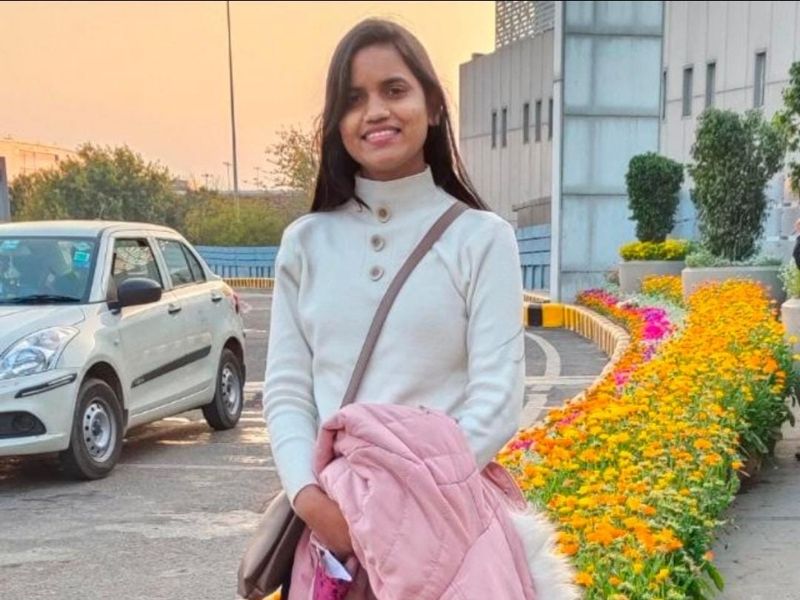Reshma Ravishanker
Temperatures dipped to a freezing -10 degrees and one meal a day is all they had to survive on. For six days, the platform of a metro station at Kharkiv turned home for Divya Shree and her batchmates who were caught in the epicenter of attacks in Ukraine.
Divya is among the medical students who has returned to Karnataka, to the safety of her home after having to suffer at least a week under the weather and famine-like-situation.
A student of Kharkiv National Medical University, Divya recollects the day she had to vacate her flat. “We attended class even on February 23. Although there were signs of an impending war, teachers and the dean at our university assured us that talks were underway and that we had to focus on studies rather than heed to rumors. We went by that,” she says.
Little did these students know that the calm of the night would fade into chaos of a war affected landscape at the break of dawn. “At around 4.30 am on 24th, gun shots and bombings were heard. It felt like an earthquake that wouldn’t end for hours. Our flat’s walls began to shake, the window panes rumbling. We contacted our Indian friends. We decided against the bunkers and opted for the metro station instead,” she adds.
As Russian forces stationed tankers just yards away, locals flooded the 23Cerpnia, an underground metro station for safety. “By the time we reached, chairs and benches were taken. We had to squat on the platform. None of us knew what would befall us. We went without food and water. All we had were jackets to protect us from the biting cold. We just about survived,” she sighs.
Guards opened the heavy iron doors of the station, mostly for an hour in a day when shelling subsided, allowing people to bring essentials or go visit their homes. On days when Russian troops chose to camp around the station, none were allowed to walk outside.
“When they opened the doors, we rushed home, prepared a meal and returned. For the rest of the day, we had biscuits and an apple to survive on. They would not let us outside on February 28 and 29 as there was heavy shelling. A little bit of water we carried along and apples is what we rationed. The toilets were unkept. But that was the least of our concerns,” recollects Divya.
Divya confessed that several batchmates, worried about anxious parents, also gave media statements about being safe and content. Only after she returned home did she reveal her ordeal to her parents.
“Having paid $100 to a cab driver who risked his life, we reached a railway station and moved towards the Polish border. It took us 8 hours of wait in -15o to complete formalities. Indian embassy officials welcomed us with food and water. At that moment, I could not even recollect the last time I had eaten an entire meal,” concludes Divya.
She is among the six students who met Karnataka’s higher education minister Dr CN Ashwath Narayan on Thursday. “He was very considerate and lauded my family for being patient and strong. We requested him to push the centre to evacuate all stranded students at the earliest,” she adds.
Also read: Karnataka: Varsities offer bridge courses to medical students from Ukraine
